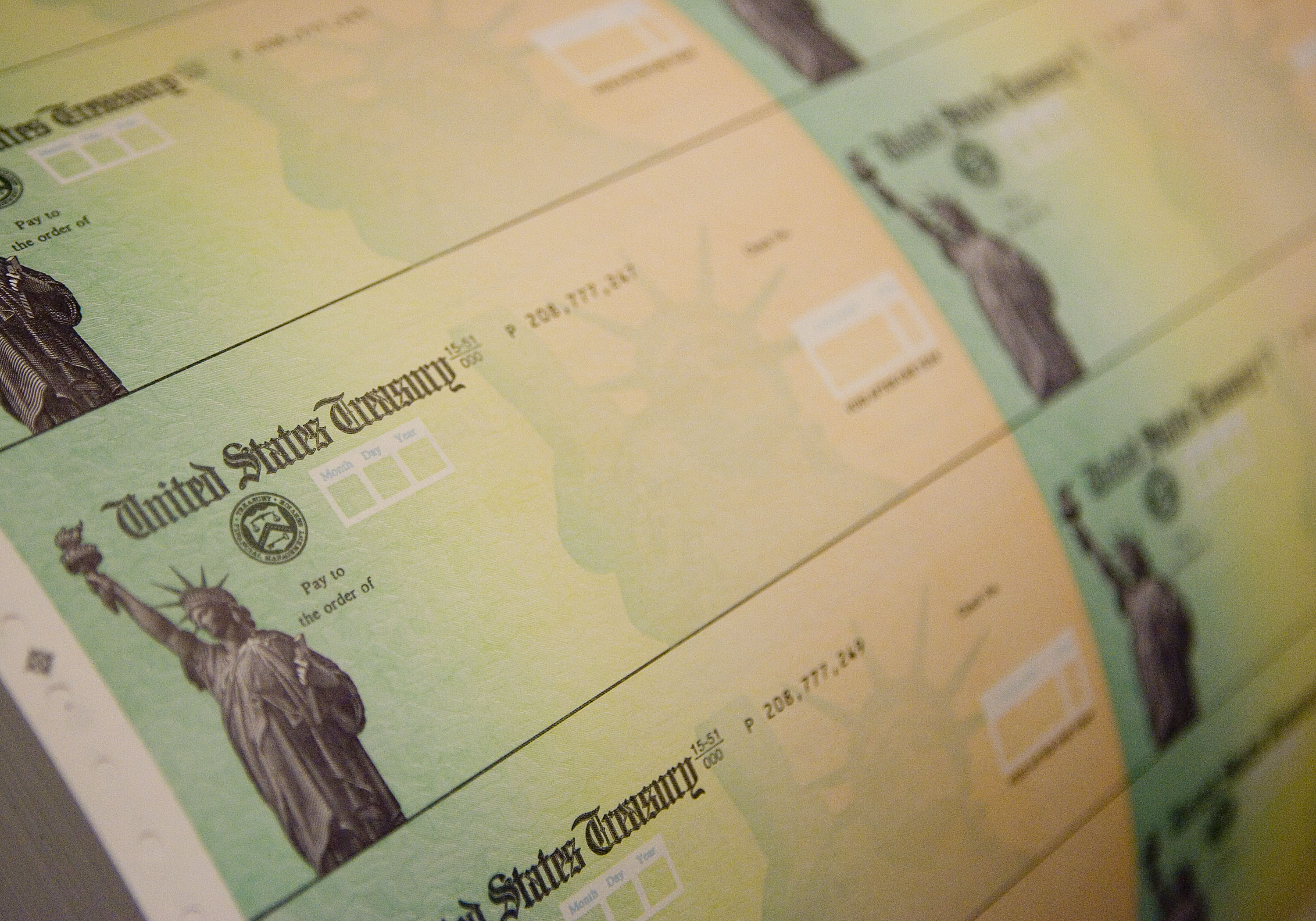
Amid the coronavirus pandemic, officials in New Hampshire are urging all residents to be vigilant and to protect themselves against scammers.
In the last few weeks, scammers have been ramping up their efforts to gain access to the personal information of older adults across the country, including in New Hampshire, according to Attorney General Gordon MacDonald.
Some of the scams involve fake social security calls and emails, fictitious charitable organizations seeking donations related to the coronavirus pandemic and scammers pretending to be a family member in need of money to treat symptoms of COVID-19, according to the attorney general's office.
In one social security scam, people will call claiming to be from the Social Security Administration and say that, due to the closing of SSA offices, the recipient's benefits will be interrupted unless they provide their social security number or bank information, the office said. But the SSA office would never call for this information.
Scammers are also trying to take advantage of older adults by pretending to be a family member on phone calls and asking for a gift card or cash, according to the attorney general's office. If you think you are the victim of the "grandparent scam," hang up the phone immediately, MacDonald's office said.
Another scam to look out for is an offer of coronavirus home test kits medicines and vaccinations.
"Currently, no vaccines, pills, potions, lotions, medications, or other prescription or over-the-counter products are available to treat or cure Coronavirus disease. This applies to offers made online, in stores, by electronic message, or over the telephone," read a statement from the attorney general's office.
More on Coronavirus Scams
Anyone who receives this type of offer is urged to contact their local police.
With federal stimulus checks arriving, scammers are now calling, texting and emailing older adults claiming to work for federal agencies, such as the Internal Revenue Service, to try to get personal information.
MacDonald's office said no federal agency will call, text or e-mail to request social security, banking or any other personal information and, if you receive such a call, you should immediately hang up. With emails, do not click on any links.
There are a number of fake charity scams asking for donations via gift cards or Bitcoin. Residents should only donate to reputable charities and ones that they already trust.
While the Granite State continues to practice social distancing and is under a stay-at-home advisory until May 4, the attorney general's office recommends checking in on older relatives and friends by phone and other electric means.
If you believe you or a loved one has been the victim of a scam, you are urged to contact the New Hampshire Department of Justice or the Federal Trade Commission. You can also report scams to the New Hampshire Consumer Protection Hotline at 888-468-4454.



